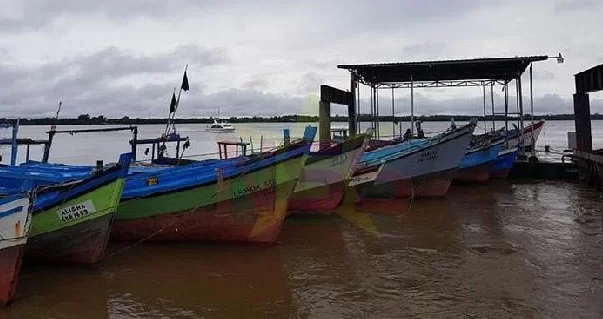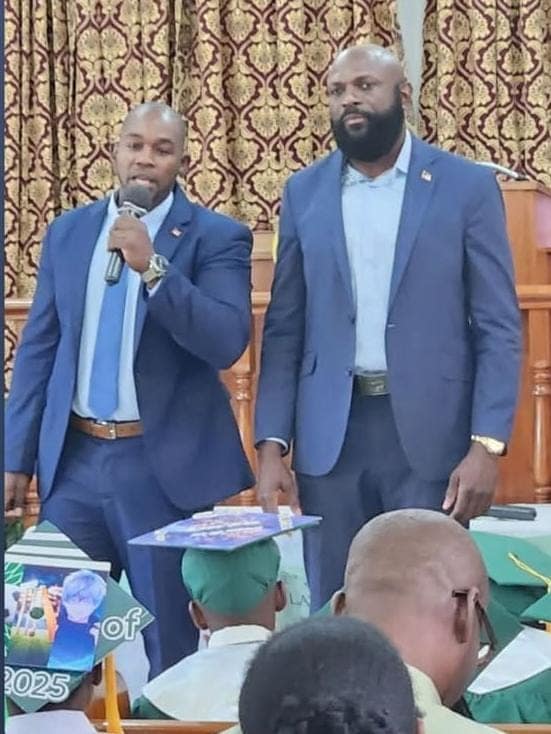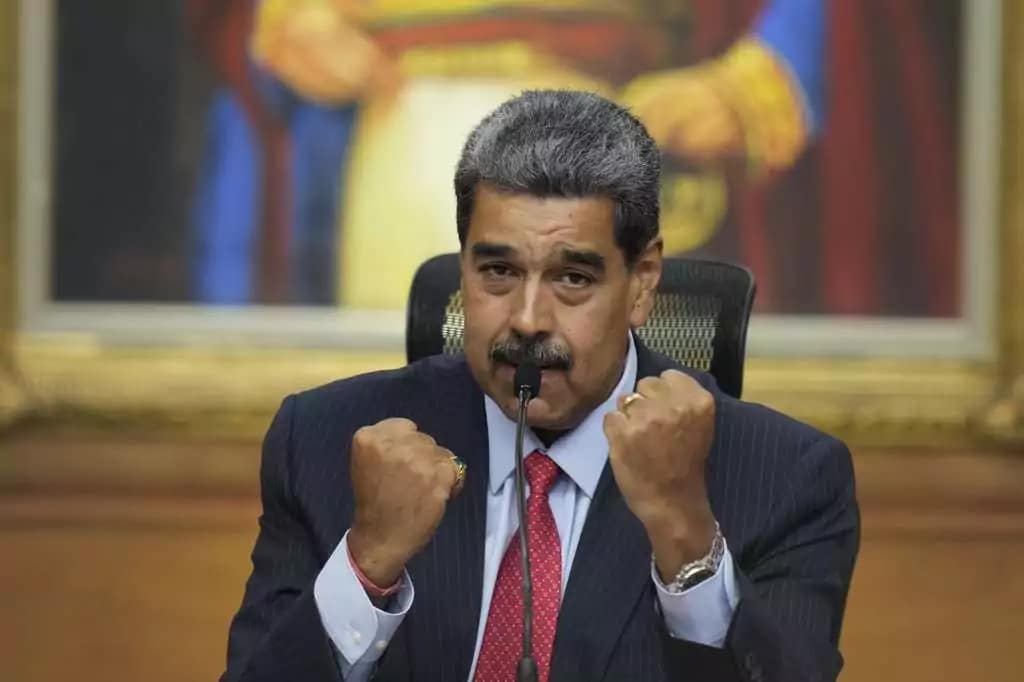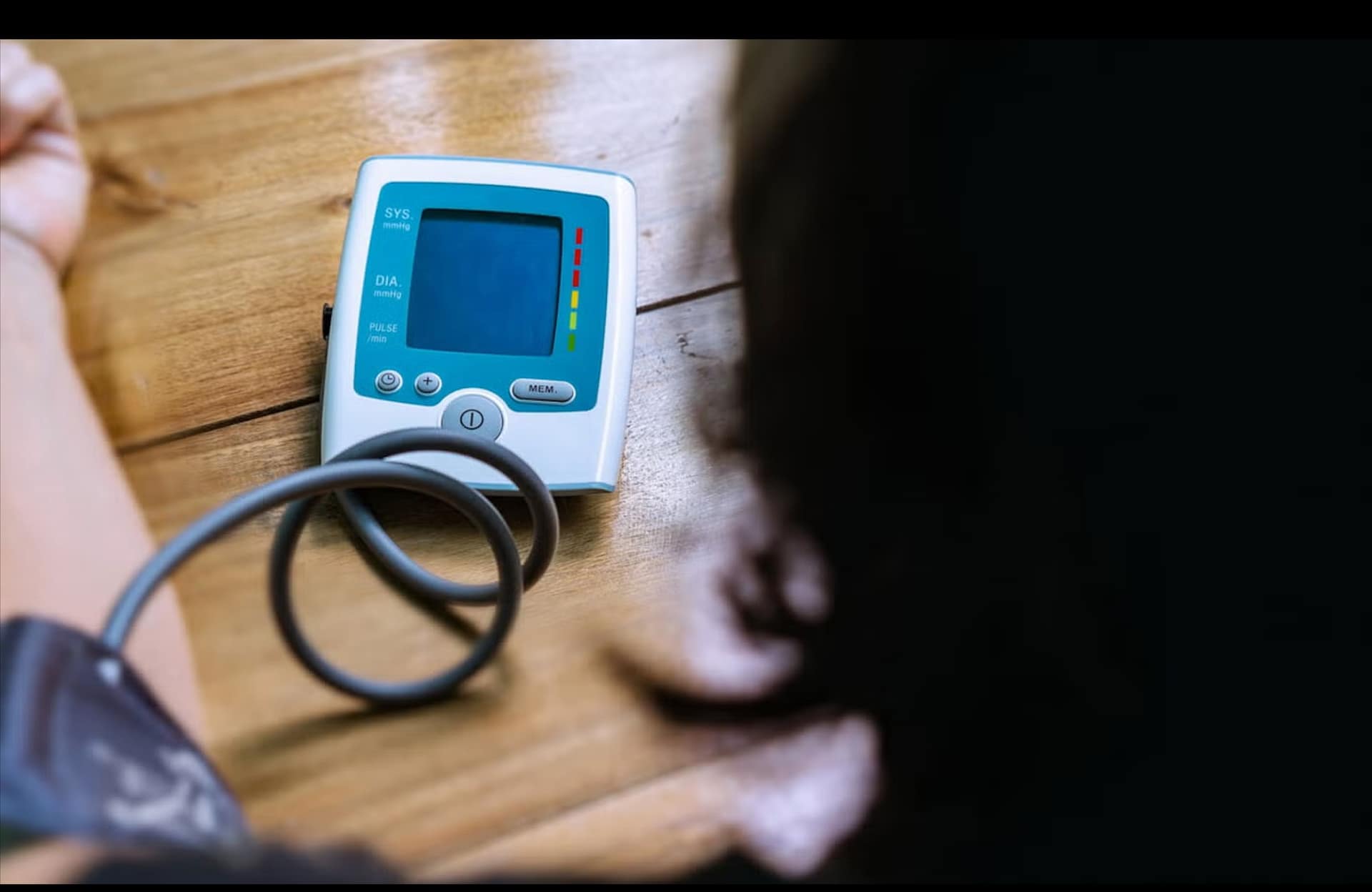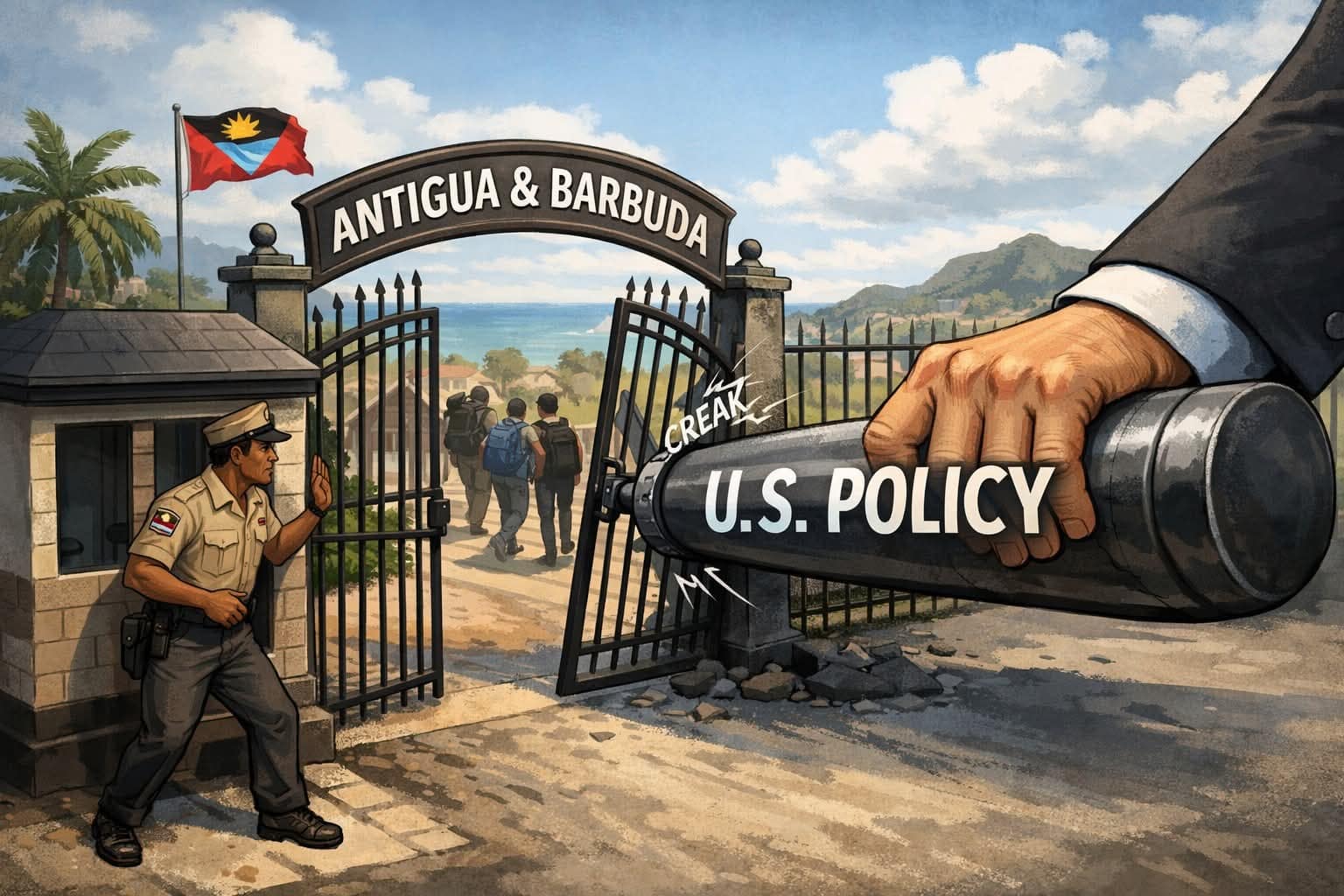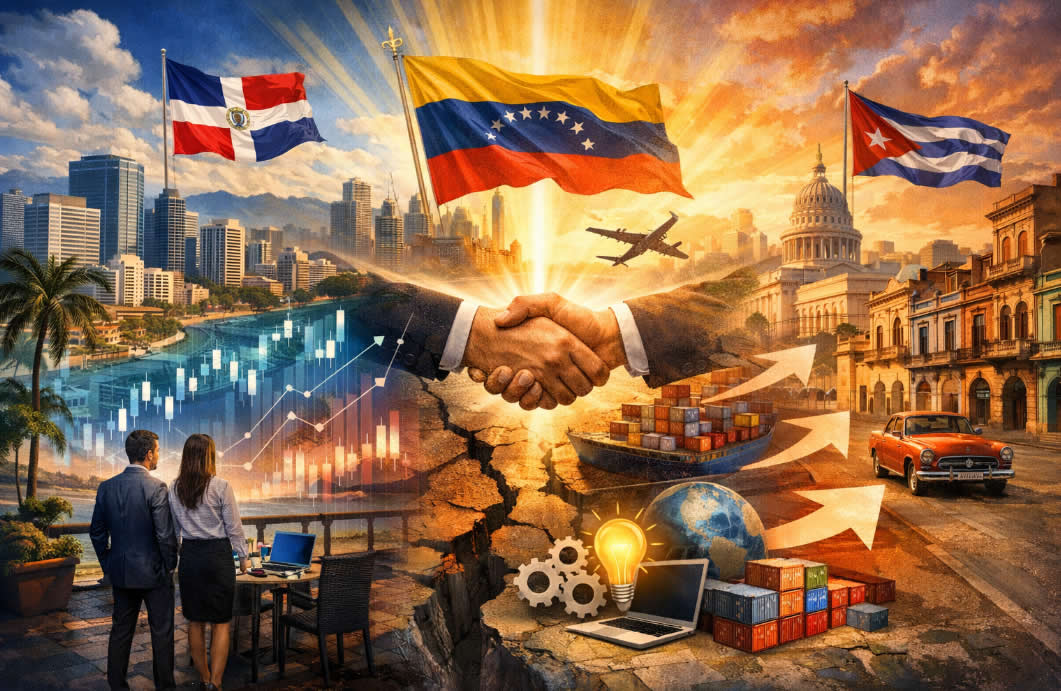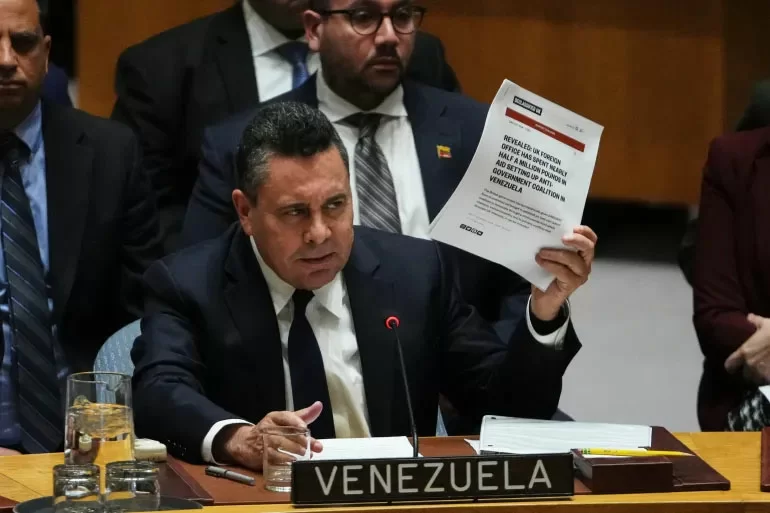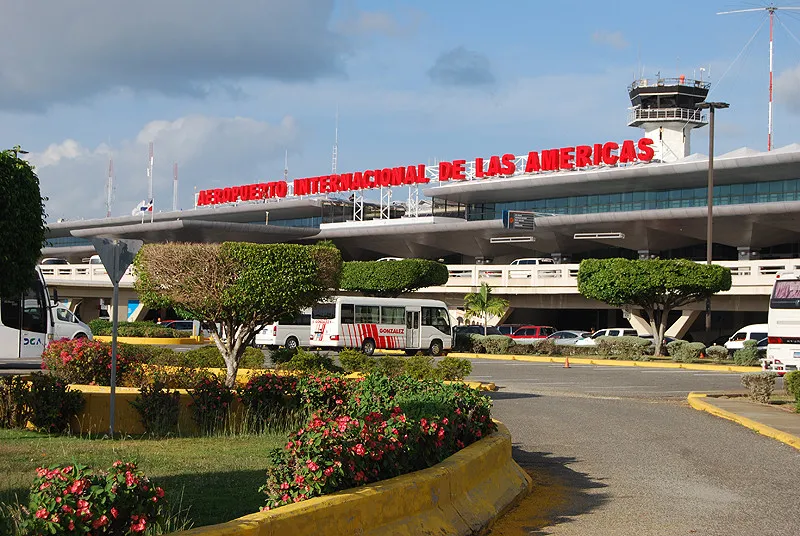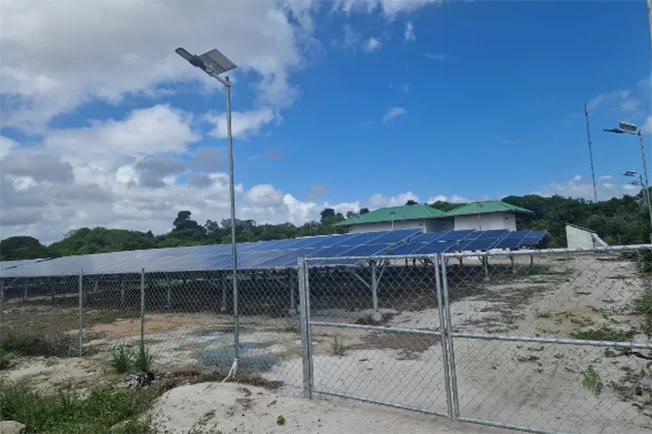Suriname’s seafood export industry continues its trade relationship with the United States despite temporary restrictions affecting specific fishing operations that fail to meet American marine protection standards. The Ministry of Agriculture, Animal Husbandry and Fisheries (LVV) has clarified that no comprehensive export ban exists, contrary to potential misconceptions.
The United States enforces stringent regulations under the Marine Mammal Protection Act (MMPA), requiring exporting nations to demonstrate equivalent protective measures for marine mammals. This compliance verification process, known as ‘comparability finding,’ has been successfully obtained for most Surinamese fisheries.
However, two specific categories face export limitations: Suriname’s coastal driftnet fishery (SK-driftnet fishery) and red snapper catches by Venezuelan vessels in Surinamese waters. American authorities identified non-compliant net lengths and insufficient mitigation measures in the SK-driftnet operations, particularly regarding bycatch prevention for marine mammals including dolphins.
Venezuelan-flagged vessels present a separate jurisdictional challenge. As flag state, Venezuela bears responsibility for submitting comparability documentation to US authorities, but has neither applied for certification nor shared relevant information to date.
Surinamese authorities have implemented comprehensive corrective measures including mandatory acoustic deterrent devices (pingers), adjusted net specifications meeting US standards, and enhanced electronic monitoring systems. While these measures increase operational costs, LVV is exploring financial support mechanisms through funding programs and collaborative partnerships.
All updated compliance documentation has been submitted for American reassessment, aiming to secure full certification for the SK-driftnet fishery. Meanwhile, LVV’s Fisheries Directorate must issue Certificates of Admissibility for each US-bound shipment, verifying exclusion from prohibited categories. This additional administrative requirement will be eliminated upon successful comparability certification, streamlining future export procedures.
